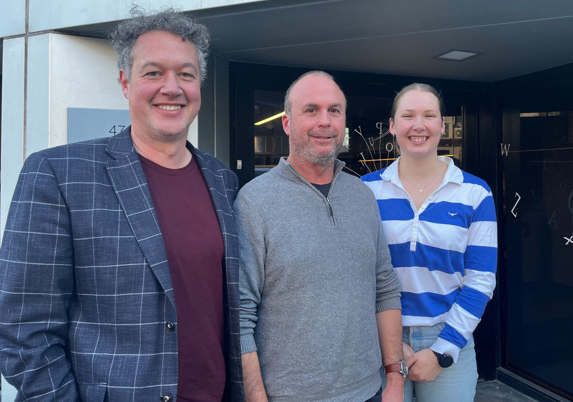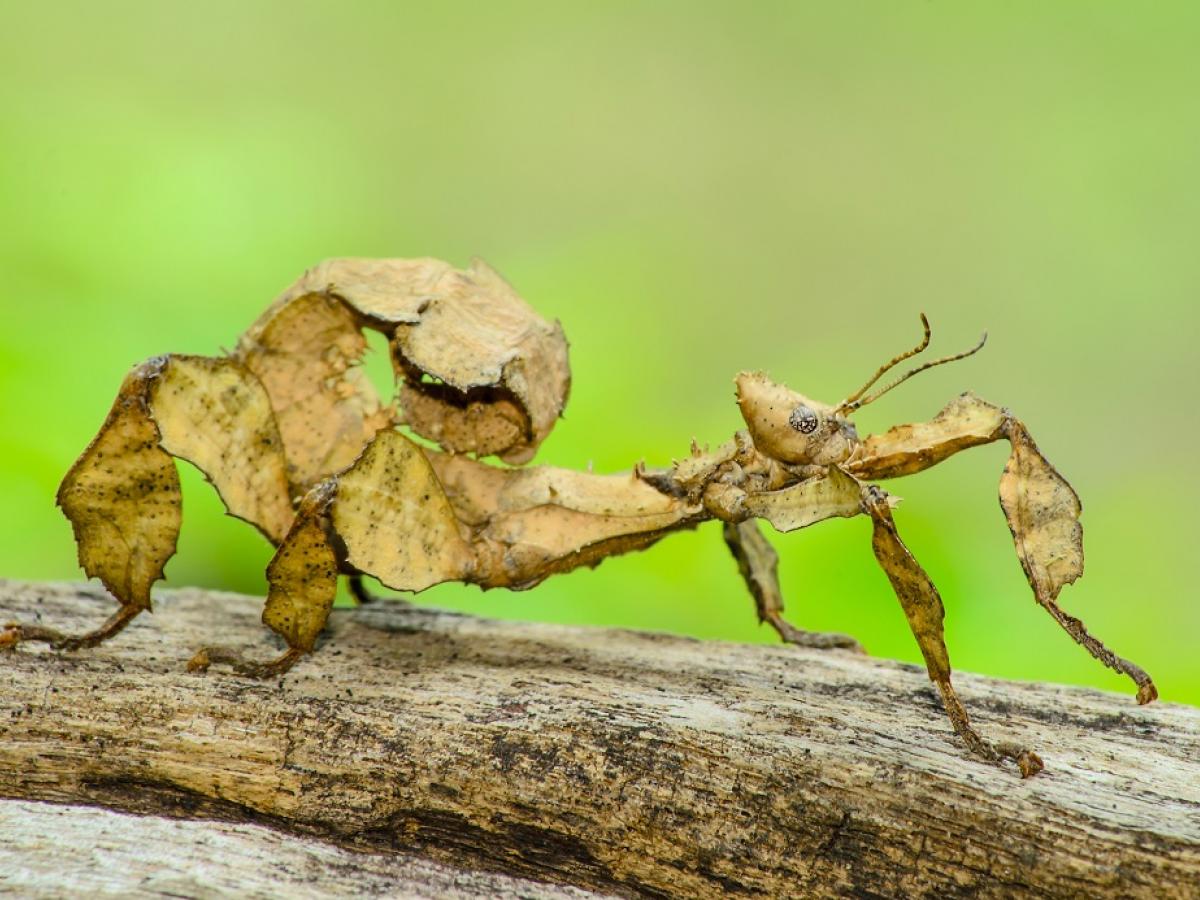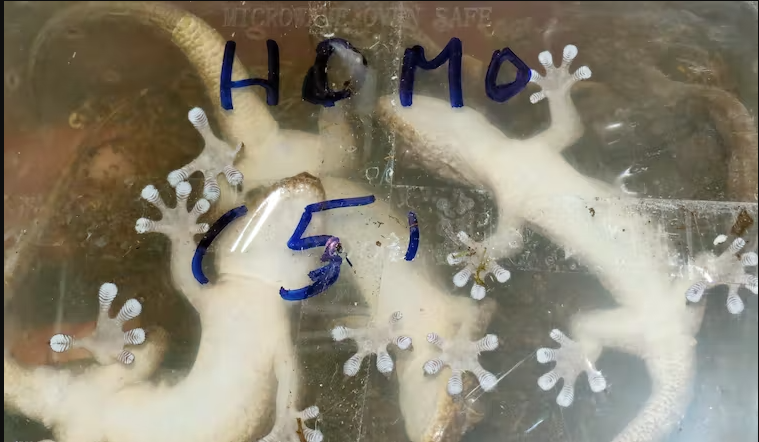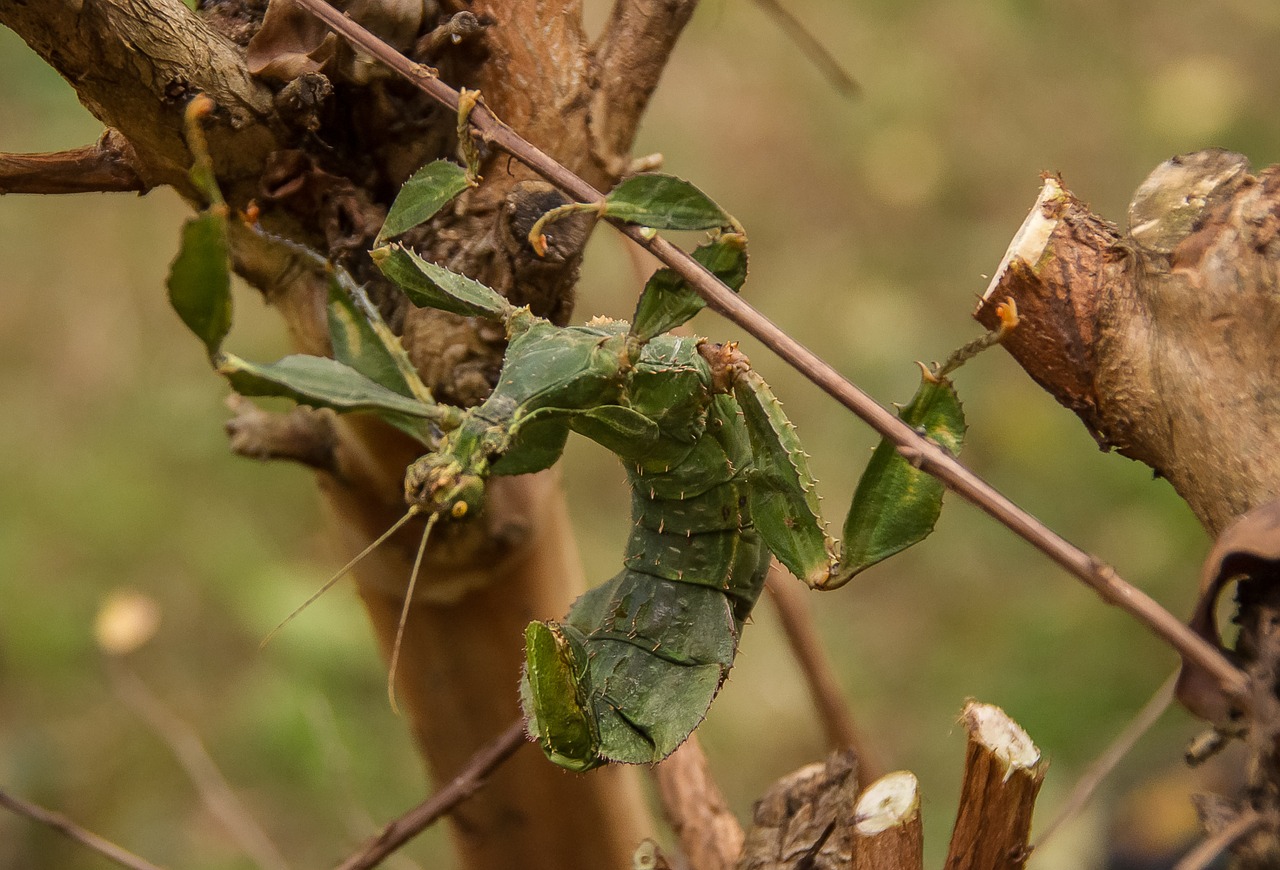Congratulations to Charlotte Lassaline on receiving the Possingham Supplementary Scholarship.
Australia’s natural environment is under extreme anthropogenic pressure. Along with the unprecedented effects of habitat destruction, pollution, and climate change, Australian biodiversity and natural resources are threatened by the harvesting, exploitation, and commercial exchange of wildlife (i.e., wildlife trade). Wildlife trade leads to the overexploitation of wild populations, introduction of alien species (through accidental pathways, or intentional release into the environment), and the spread of diseases. Although the impacts of vertebrate wildlife trade have been widely studied, the trade of terrestrial invertebrates remain understudied and underregulated.
The trade of non-native invertebrates poses significant risks to Australia’s environment. Australia has experienced some of the most well-known and dramatic impacts of alien invasive species globally, such as rabbit (Oryctolagus cuniculus) and mouse (Mus musculus) plagues, failed biocontrol introduction of cane toads (Rhinella marina), and masses of European carp (Cyprinus carpio) in freshwater ways. In addition to these, there are a range of alien invasive invertebrates being managed in Australia. It is crucial that measures are taken to prevent the entry of new invasive invertebrates into Australia, and to ensure that those already present are not transported to new areas for establishment.
Additionally, the unregulated trade of terrestrial invertebrates poses risks for native biodiversity conservation through wild harvesting. This is particularly concerning as biodiversity loss may be even more pronounced for invertebrates. However, this remains largely unacknowledged in contemporary policy and conservation management efforts. The lack of taxonomic resolution and species distribution data further hampers efforts to understand the impact of this trade on invertebrate populations.
To address this vast range of issues, my PhD project aims to investigate the domestic Australian trade of terrestrial invertebrates, as well as the international trade of native Australian species. My research will identify associated threats to biodiversity and biosecurity and propose appropriate management responses to these threats. Data will be collected from various sources, including internet websites, physical pet stores, and wildlife expositions. A list of all traded invertebrate taxa will be compiled, biosecurity risk assessments will be conducted, and a public survey will investigate the current attitude of Australian residents towards invertebrate trade, their participation in it.
The significance of my research lies in determining current and future risks the invertebrate trade poses for Australian biodiversity and biosecurity. The results of my study will enable more effective policy decision-making, which can contribute to mitigating the risks of terrestrial invertebrate trade while promoting sustainable trade practices.
Charlotte Lassaline
About the Possingham Supplementary Scholarship
Graham, Hugh, Jenny and Karen Possingham (all graduates of the University of Adelaide) established the Possingham Fund, to establish and maintain a scholarship in honour of their parents and parents-in-law, Max and Barbara, who were both graduates of the University of Adelaide. Barbara was one of the first women at the University to achieve a Doctorate in Physics (1956).
The Award
The purpose of the Possingham Supplementary Scholarship is to support postgraduate Higher Degree by Research students studying in the area of environmental sustainability*. Environmental sustainability is defined in the broadest possible sense, and is open to applicants from any discipline (including but not exclusive to: engineering, law, mathematics, all the sciences, the social sciences and the arts) as long as the work has the potential to deliver a positive environmental outcome.
Stipend
The value of the supplementary scholarship is $12,000 per annum for up to a maximum of 3 years ($36,000 in total), or until the date of submission of the thesis (whichever is earlier), subject to satisfactory progress.







